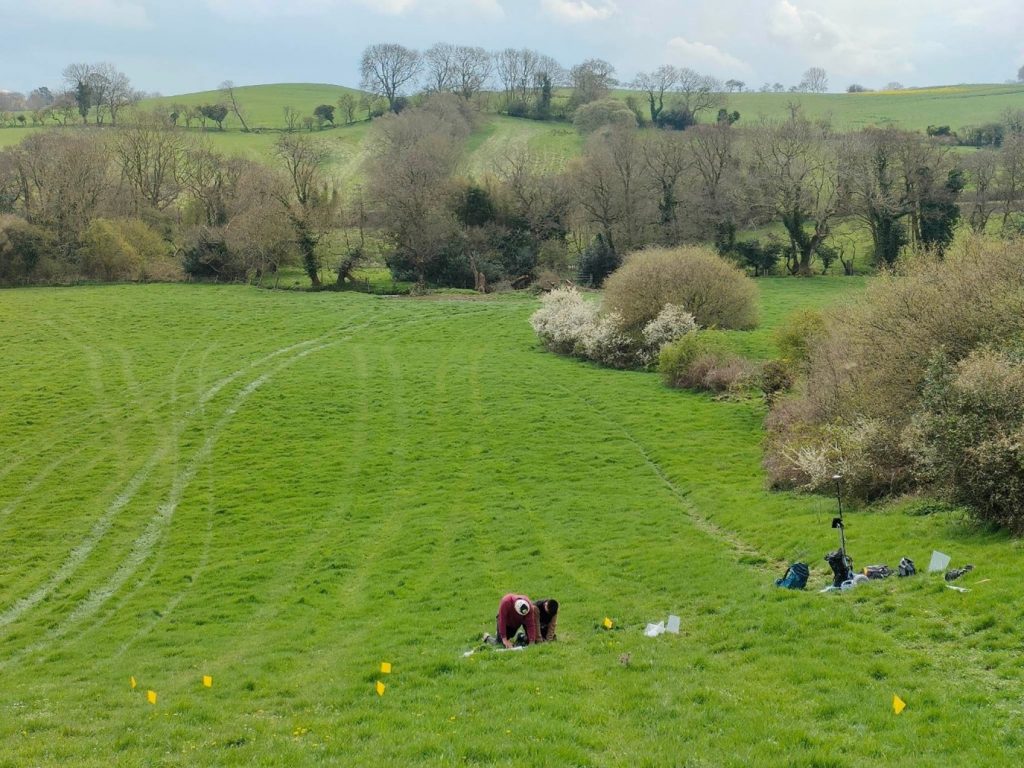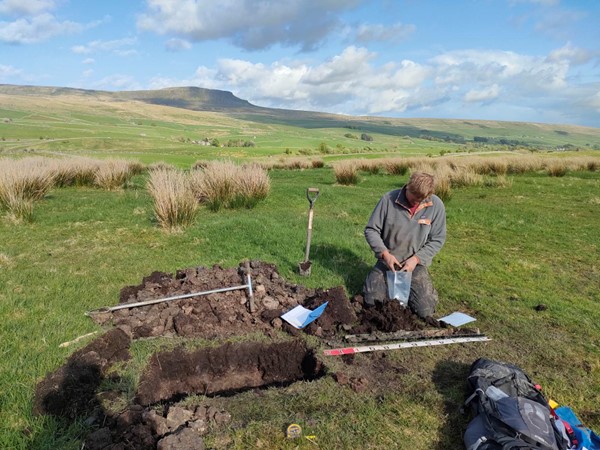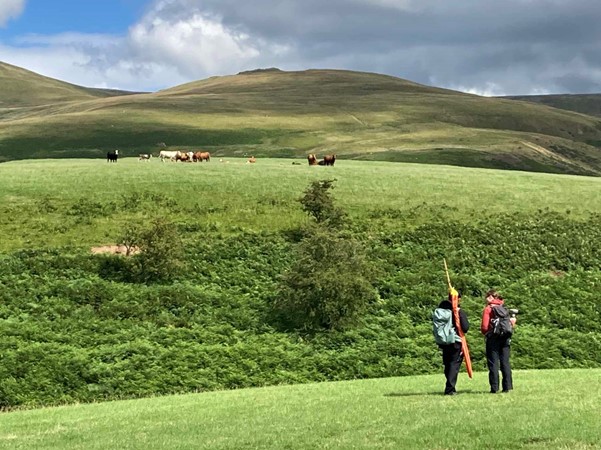England-wide study tracks impact of nature-friendly farming
544
Fera Science Ltd has embarked on the largest ever ecosystem investigation of its kind across England, which will help assess the true impact of ‘nature-friendly’ farming practices at over 6,000 locations.

Funded by Defra and Natural England, the England Ecosystem Project is being rolled out by Fera with the support of 15 partner organisations, including the Wildlife Trust and ADAS.
The unprecedented project has been set up to build a picture of the current state of England’s farmland habitats and soil conditions, and how this varies across different regions and farming systems.
Martin Worsley, natural capital researcher and soil scientist at Fera, explains that the insights from this highly detailed data will evidence how farmers and estate managers are helping to achieve the UK’s 2050 net zero goal, and highlight untapped opportunities for environmental protection. .
“Our aim is to quantify the living aspect of soils across every type of farmland habitat, from upland livestock farms in the Scottish borders to horticulture and arable farms down in Kent,” he says.
“Creating this baseline will help us to track important metrics, such as soil carbon and nutrient levels, over time to show where farmers are helping to move the dial with environmental protection.


“It will also help us highlight opportunities for increased carbon capture, and where producers can learn from best-practice, to help ensure sustainable farming and land management efforts are targeted in the right place for maximum benefit – both to society and farm business,” he adds.
The project involves Fera’s team of ecologists carrying out in-depth analyses of soil samples and vegetation surveys captured at 38,000 sampling points across England. This will be revisited every five years.
Mr Worsley says: “We’ve had a fantastic reception from the farmers who’ve granted us land access for soil sampling.
“They are genuinely very interested in the detailed data the project will be able to provide and how it could inform their future land management plans, which they could tap into private and public funding pots for.”
For farmers and land managers looking to explore environmentally friendly income streams, Mr Worsley advises that quantifying the natural capital you have is a vital first step.
“It’s important to have detailed baseline measurements of your farmland natural capital to be able to accurately plan how best to go about making investments and tapping into the funding on offer,” he says.
“If you’re not 100% confident on current farmland data, such as the levels of soil carbon or total wildlife habitats across your holding, you’ll be in the dark when it comes to making the most of income opportunities.”
Fera’s natural capital assessment service, LAND360, helps farmers and land managers to measure, map and monitor their natural capital, so they can make more informed land use decisions. To find out more, visit: https://www.fera.co.uk/land360-land-management




